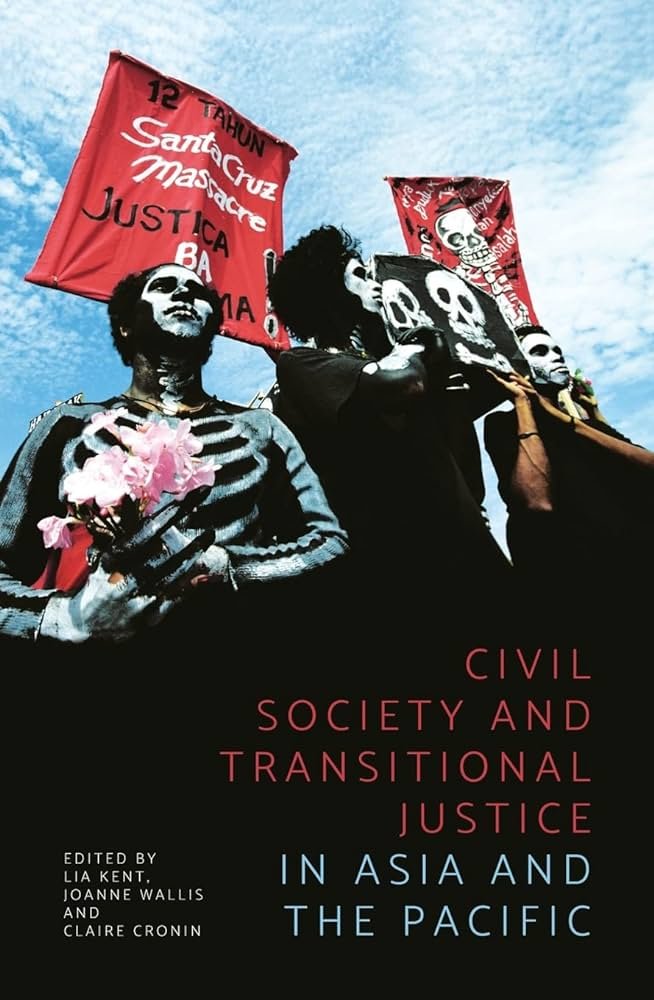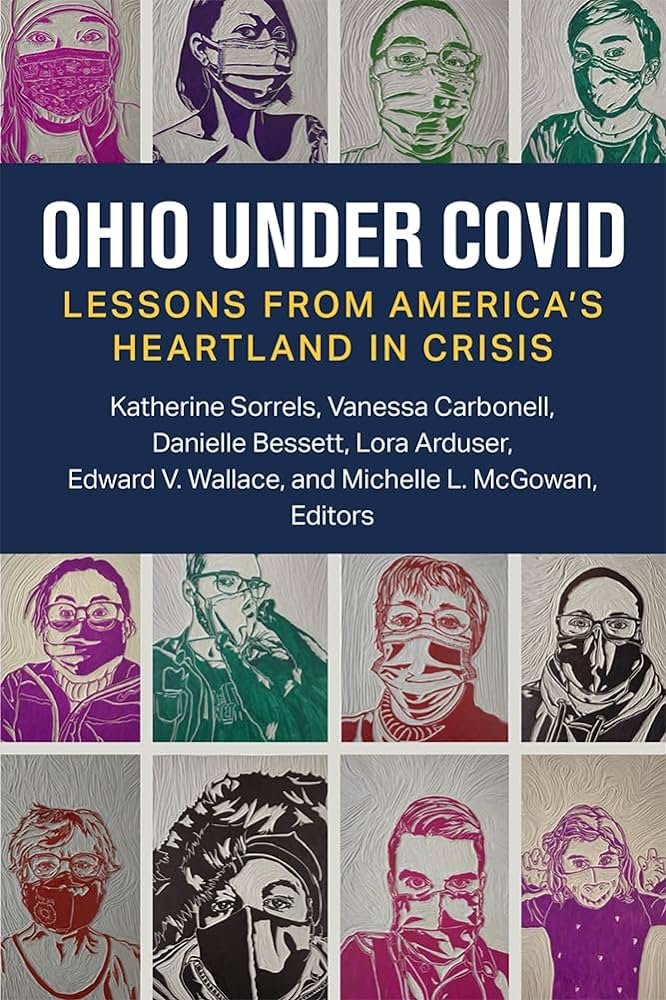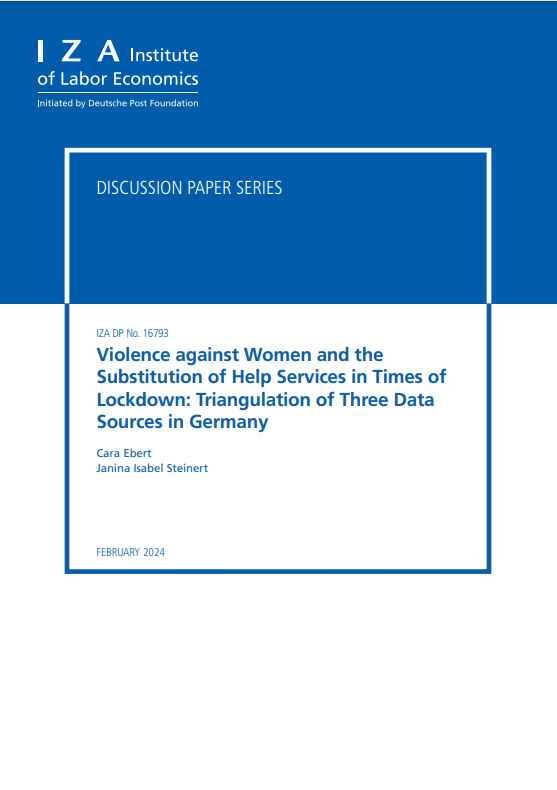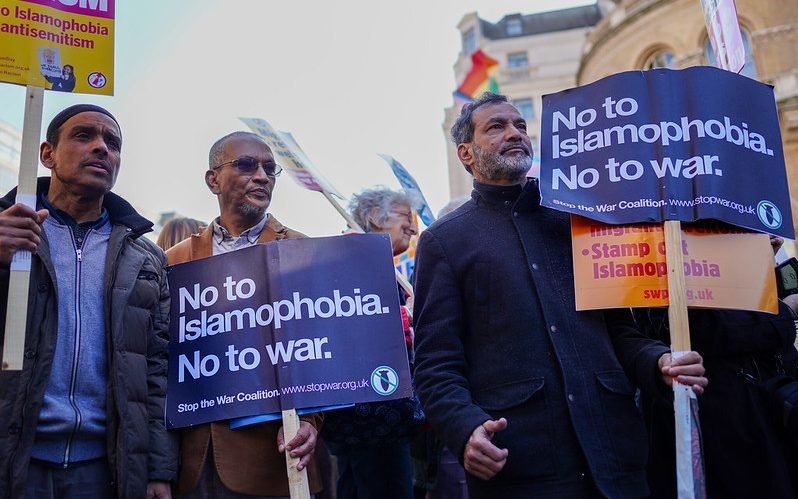By JOHN DEWEY
Democracy and Education, written by influential American philosopher and educator John Dewey, is a seminal work that explores the relationship between education and democratic society. Originally published in 1916, Dewey's insights remain relevant today as we navigate the complexities of modern education systems and democratic governance.
In this thought-provoking book, Dewey argues that education is not simply a preparation for future life but an essential component of the democratic process itself. He highlights the importance of fostering critical thinking, creativity, and experiential learning in order to cultivate active and engaged citizens who can contribute meaningfully to society.
Through his exploration of the principles of democracy and their connections to education, Dewey offers a compelling vision of how schools can serve as laboratories for democracy, where young people learn to participate in a democratic community and practice the skills necessary for a vibrant civic life.
Democracy and Education is a timeless classic that continues to inspire educators, policymakers, and anyone interested in the intersection of democracy, education, and social progress.
Simon and Schuster, 1997, 378 pages





















